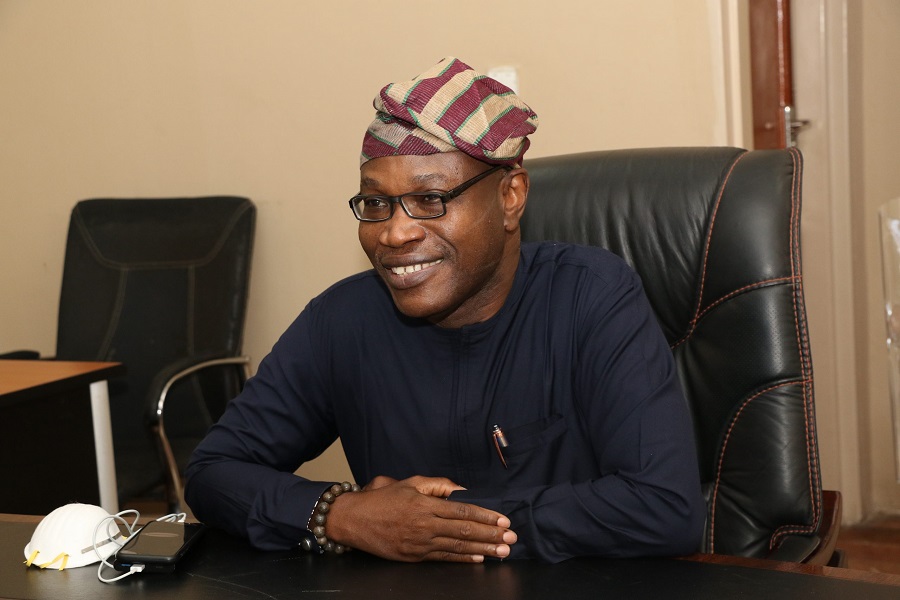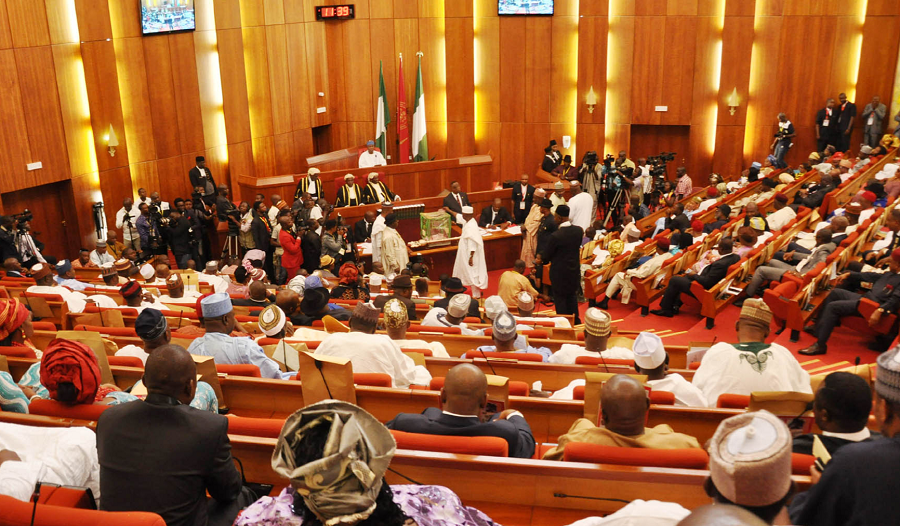The Nigeria Export Processing Zones Authority (NEPZA) has revealed that there are over 500 licensed Free Trade Zone enterprises operating in Nigeria.
This was disclosed by Prof. Adesoji Adesugba, NEPZA’s Managing Director, at the 1-year commemoration of his appointment as Managing Director/Chief Executive Officer of NEPZA, on Wednesday in Abuja, according to the News Agency of Nigeria.
He added that the enterprises operating in Nigeria’s Free Trade Zones are oil and gas companies, manufacturing industries, steel rolling mills, pharmaceutical industries, food processing, car assembling, and new upcoming Industrial Parks.
READ: Medical Free Zone to save Nigeria about $1billion in annual medical tourism – NEPZA
What NEPZA Managing Director said
Adesugba said that government economic policy favoured and placed priority on investment in industrial and agricultural activities, value-added manufacturing and exports of such manufactured products.
The NEPZA boss said that out of the 42 licensed Free Trade/Special Economic Zones, 14 were functional and operational. He said that others were under construction, awaiting declaration, or with physical development yet to commence.
“The Regina Project (EPSO), worth over $6 billion and Agbani Project (FPSO), worth $260 million were first-time projects ever witnessed in the free zone,” Adesugba said.
READ: Free Trade Zones will improve Nigeria’s GDP when operational – Senate
According to him, the Nigerian government adopted the free zone scheme as a strategic investment destination to enhance economic development and foster industrialisation.
He added that other FTZs were currently under construction or yet to resume, citing that they have attracted Foreign Direct Investment (FDI) with a combined net worth of over 200 billion dollars from multinationals including G. E Corporation, Samsung, and others.
He added that the FTZs have local investments worth N300 billion, citing Dangote Group of Companies, currently building one of the largest refineries, petrochemical and fertiliser plants in the world.
READ: NPA, LADOL collision deepens, as duo rain accusations over contract
“Eko Atlantic FZ is a private sector-driven free zone. The investment is worth $8 billion, projected to employ 150 workers. It will serve as the financial hub of Nigeria, patterned after the New York and Hong Kong financial centres,” he added.
In case you missed it
Nairametrics reported last month that the Senate Committee on Trade, Industry, and Investment stated that the Dangote, Lekki, Alaro City, and the Lagos free zone (Lekki mega free zone quadrant and the Eko Atlantic free zone) will significantly improve the lives of Nigerians and the country’s GDP when fully operational.
The FG also announced it has approved four international airports in Lagos, Kano, Abuja, and Port Harcourt as Special Economic Zones.
What you should know
A special economic zone (SEZ) is an area projected by a country to boost economic growth through Foreign Direct investment. The SEZs usually have different economic regulations than other regions within the same country and are used as a means to increase the employment and trade balance of a nation’s economy.



















